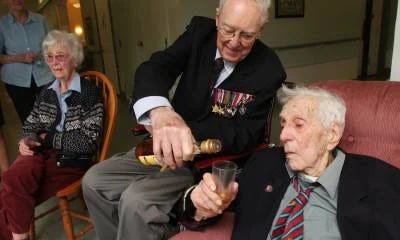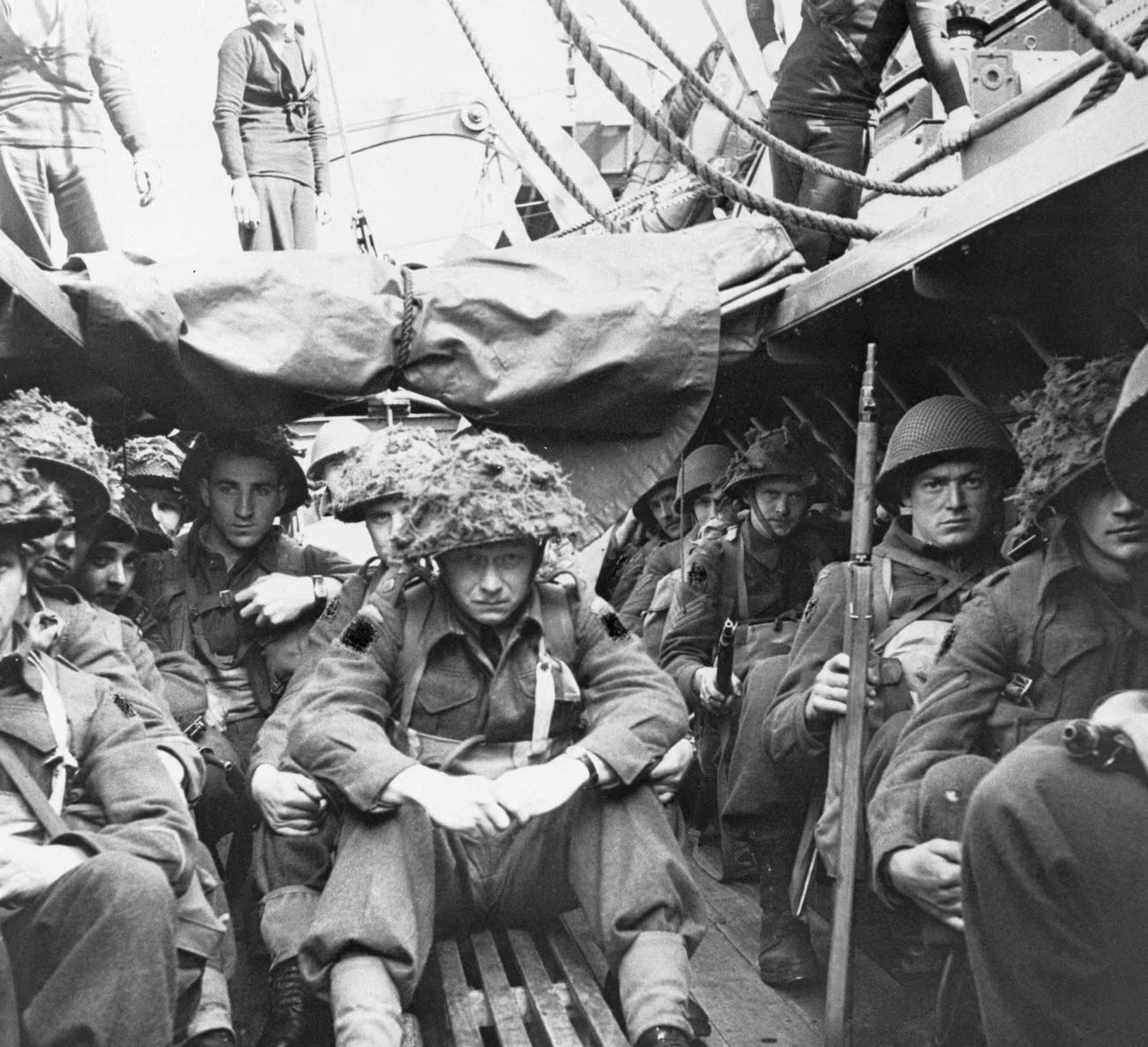When hell had opened up its gates
A tribute to Canadians who held the line and forged lifelong bonds in war
This is an essay I drafted for Remembrance Day in 2014. More than a decade later, some lines in this still give me a chill. Not my writing, I hasten to add, but the writing of others who are quoted. So, I am republishing it today.
Like many Canadians, my thoughts this day go to our veterans, especially, of course, those of family. While my father was one of the many who went overseas, it is the service of my uncle Johnny that always caught my imagination most.
He was on the front lines as part of the Cape Breton Highlanders when the Germans first used mustard gas. I remember the stories, never told by him but by other relatives, about how he and the others had to piss in their handkerchiefs and put them over their faces so they could breathe and survive. A desperate act by men, many mere teenagers who, by courage and circumstance, found themselves in a situation light years from the quiet lives they left behind, and of which only some would return.
Maybe it is partly because of this but more I think because she is such a damned good writer, that I got goosebumps reading the story in today’s Fredericton Daily Gleaner by Jackie Webster. I have long admired Jackie’s writing, and her account today, telling the story of the Red Chevrons, is simply wonderful.
She wrote of the bond shared by the soldiers from New Brunswick who were part of the Red Chevrons, the first contingent of Canadian troops to go overseas, and of the New Brunswickers who fought in D-Day. And how they would get together each year to share a glass, and remember. And about their ranks, each year more diminished by age, until, as she ended the piece, “and now there are none”.

Before that last line there is exceptional writing, taking readers to those battlefields. Read this:
“When they gathered around the piano, belting out, in voices thinned by time, the war songs of their youth, they had much to be proud of. Gassed at Ypres, bloodied on the Somme, they have taken Vimy Ridge. They did not speak much of fallen friends. They spoke instead of the conditions in which they fought. The heat. The cold. The hunger. The lice. The mud. Most of all the stinking, all-pervasive mud. And the sounds of exploding shells that made them think of hell. But out of that chaos, they forged a bond that made them, all of their lives, closer than brothers.”
But what really got me was Jackie’s use of a quote borrowed from those who were there at that first gas attack. “When hell had opened up its gates, when everybody broke and ran; with chaos the only constant, the Canadians stayed. We stayed and, by God, we held the line.”
How can any Canadian read that, and not be overcome with a sense of pride and wonder, especially when reflecting on the fact that many of these guys were barely out of their teens?
Jackie’s story captures that, and so much more, chronicling how that bond forged in that hell kept these boys together over the intervening years, until the years did what years do. Her story is such a fitting end to a remarkable group.
As I mentioned in the introduction, this is a blog I first published in 2014. Jackie Webster would pass five years later, in 2019, at the age of 97.

